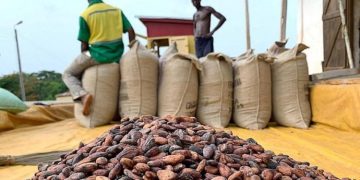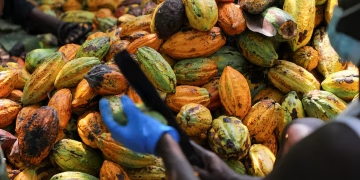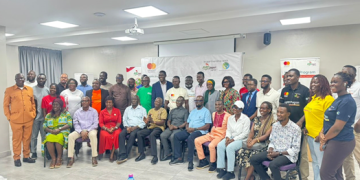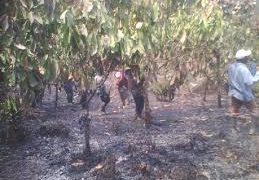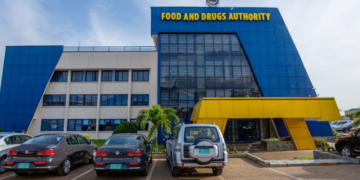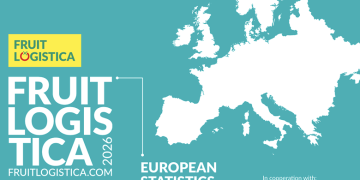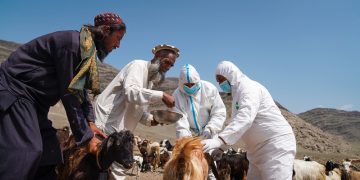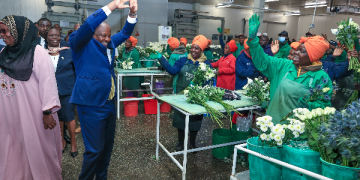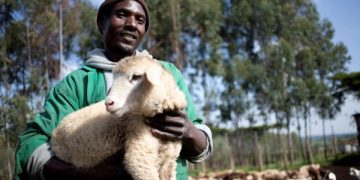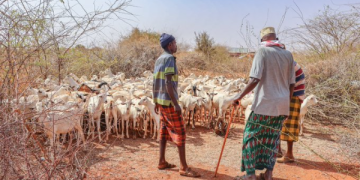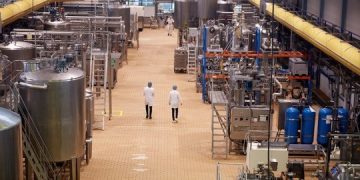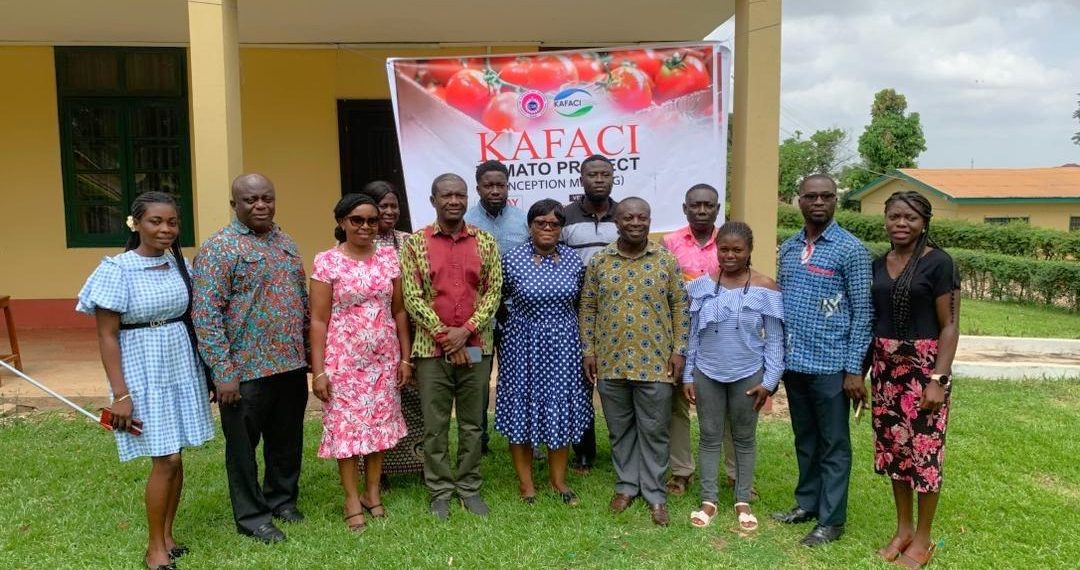The Council for Scientific and Industrial Research – Crops Research Institute (CSIR-CRI) has launched the third phase of the KAFACI Tomato Project, aimed at developing heat-tolerant tomato varieties to support smallholder farmers battling the effects of climate change.
The five-year initiative, running from 2025 to 2029, is a collaboration between CSIR-CRI, the Rural Development Administration (RDA) of Korea, and the Korea-Africa Food and Agriculture Cooperation Initiative (KAFACI).
The project seeks to enhance tomato productivity, improve rural livelihoods, and strengthen Ghana’s tomato value chain amid increasing climate pressures.
Speaking at the project’s inception meeting, Dr. Ernest Baafi, Deputy Director of CSIR-CRI, described the launch as a major milestone in addressing Ghana’s persistent tomato supply gaps and promoting sustainable agricultural growth.
“This initiative will help raise crop yields, increase farmers’ incomes, and enhance the competitiveness of Ghana’s tomato industry through the development and adoption of heat-tolerant varieties,” he said.
Building on Proven Success
The new phase builds on two previous KAFACI tomato projects that delivered impactful results.
Phase One (2011–2014) positioned Ghana as a frontrunner in agricultural research collaboration with Korea, expanding local expertise in pest management and farmer training.
Phase Two (2020–2024) further strengthened that reputation when Ghana’s project presentation in Kenya was adjudged the best for its outstanding results.
Reflecting on this journey, Dr. Michael Kwabena Osei, Principal Research Scientist and Vegetable Breeder at CSIR-CRI, said the early successes had paved the way for continued international collaboration.
“Had we not delivered strong results in the earlier phases, these new opportunities would not have come our way,” he said.
Addressing Climate Challenges
Dr. Osei noted that tomato production in Ghana continues to face severe constraints from heat stress, erratic rainfall, and limited access to improved seed varieties—factors that have depressed yields and profitability for farmers.
With an annual administrative budget of $25,000, the new phase will focus on:
- Developing heat-tolerant tomato lines suited to Ghana’s diverse agroecological zones.
- Standardizing climate-smart cultivation practices, including improved irrigation, mulching, and organic soil amendments.
- Conducting on-farm trials under real farming conditions and sensory evaluations to assess consumer preferences for taste, texture, and appearance.
Empowering Farmers and Communities
The project will also emphasize capacity building for farmers, extension officers, and agribusiness stakeholders, while working to establish a sustainable seed system to ensure long-term access to improved varieties.
Expected outcomes include increased yields, enhanced food security, job creation, higher incomes for smallholder farmers, and greater participation of women in tomato production.
“We are confident that with the expertise, dedication, and partnerships in place, this third phase will yield remarkable results,” Dr. Osei stated. “Our goal is to release resilient tomato varieties that will transform production and strengthen Ghana’s position in climate-smart agriculture.”
The KAFACI Tomato Project reaffirms CSIR-CRI’s commitment to agricultural innovation and resilience, positioning Ghana as a leader in climate-resilient crop development across Africa.














